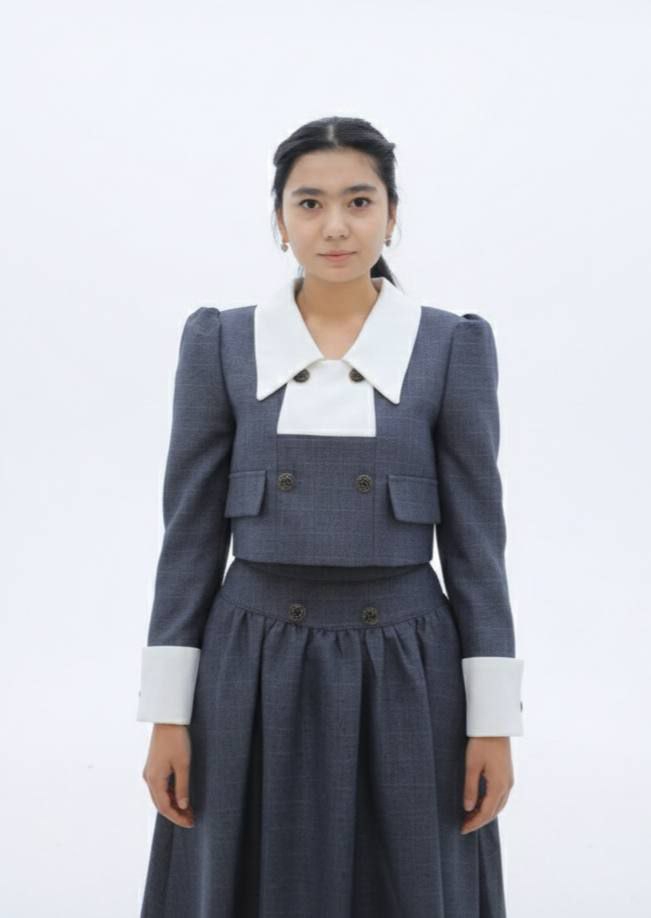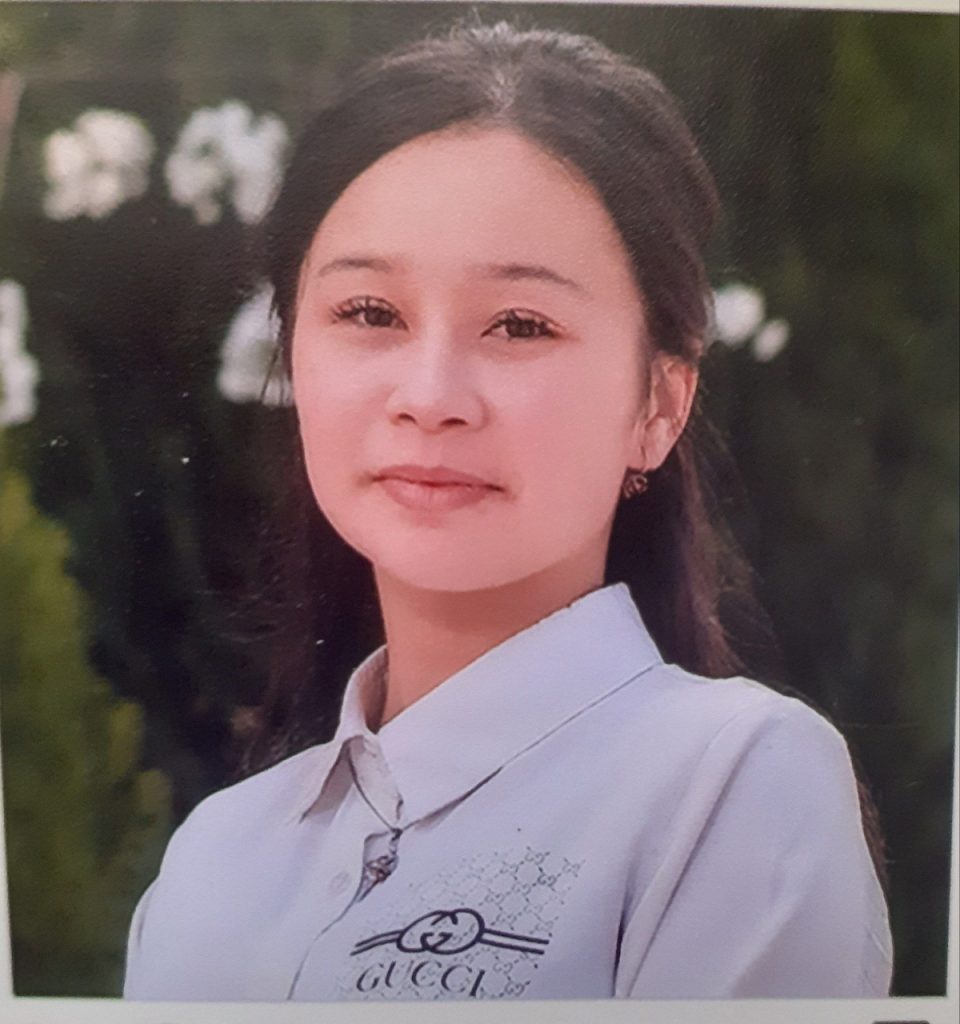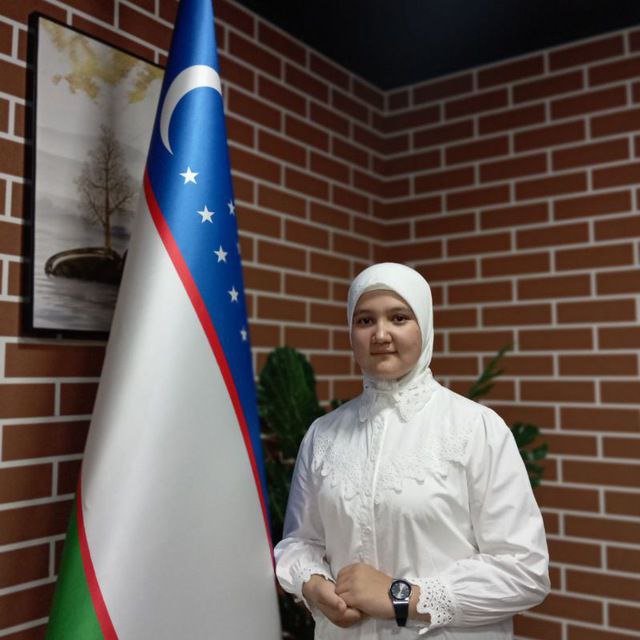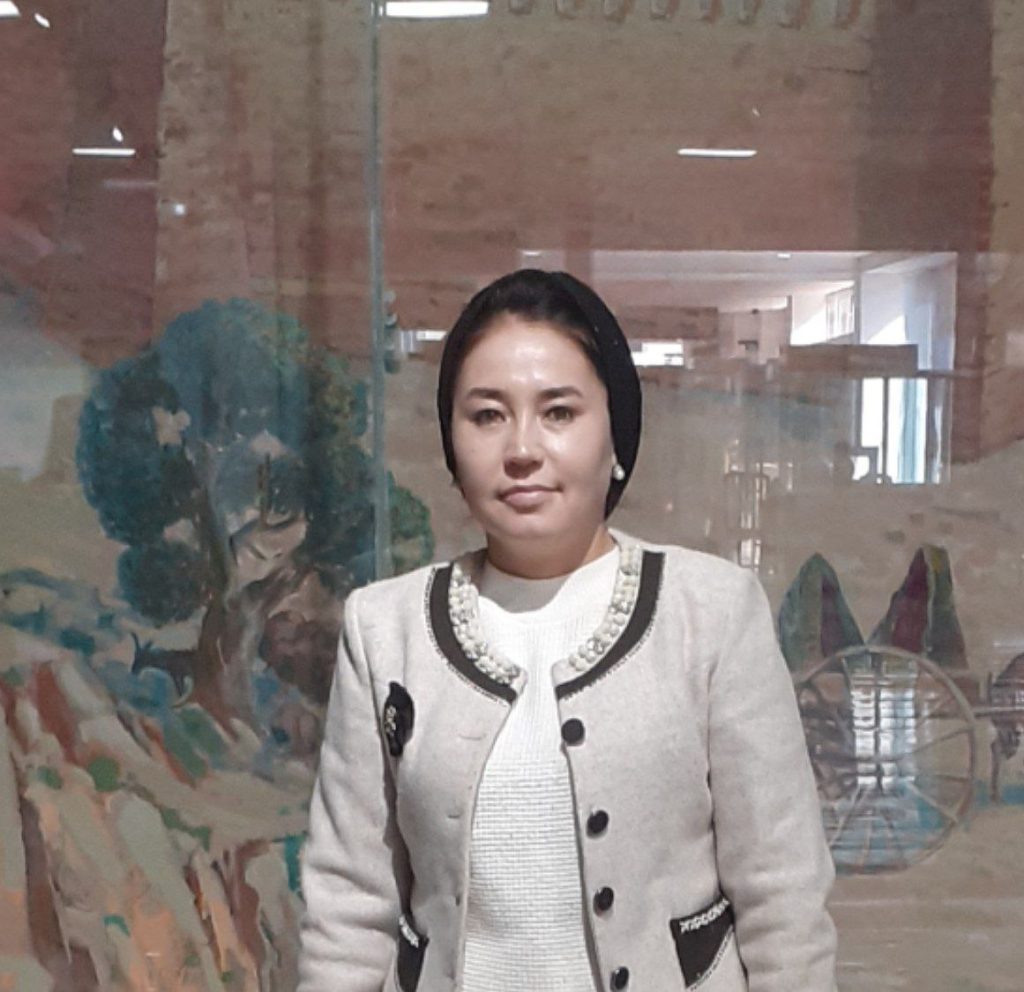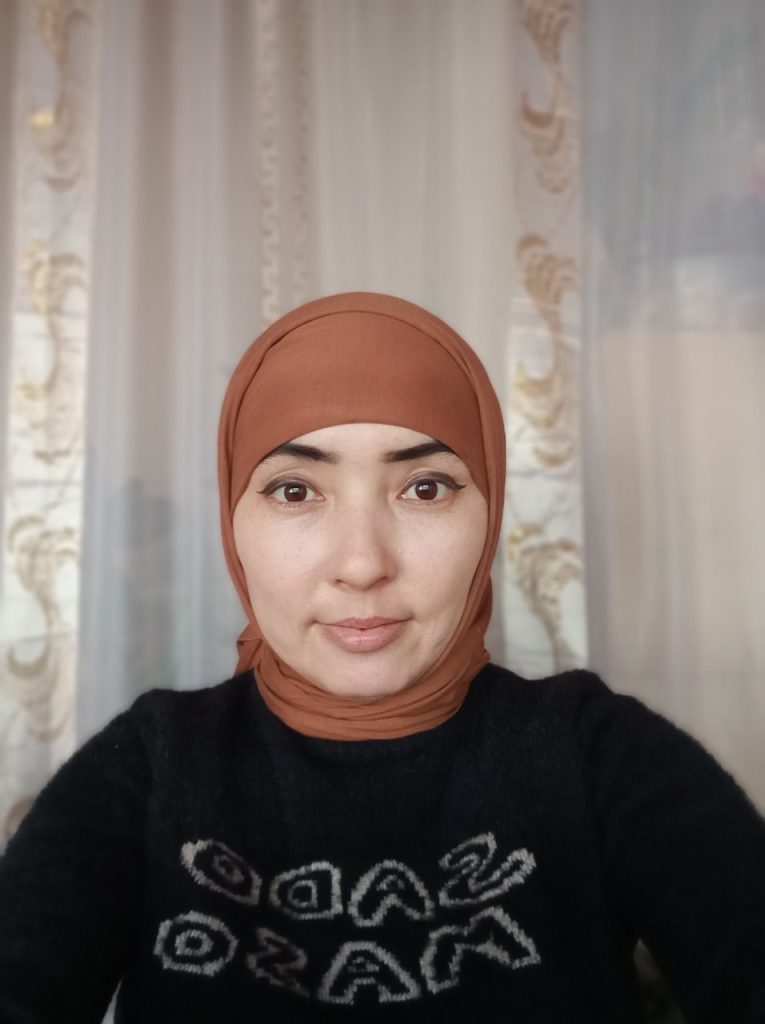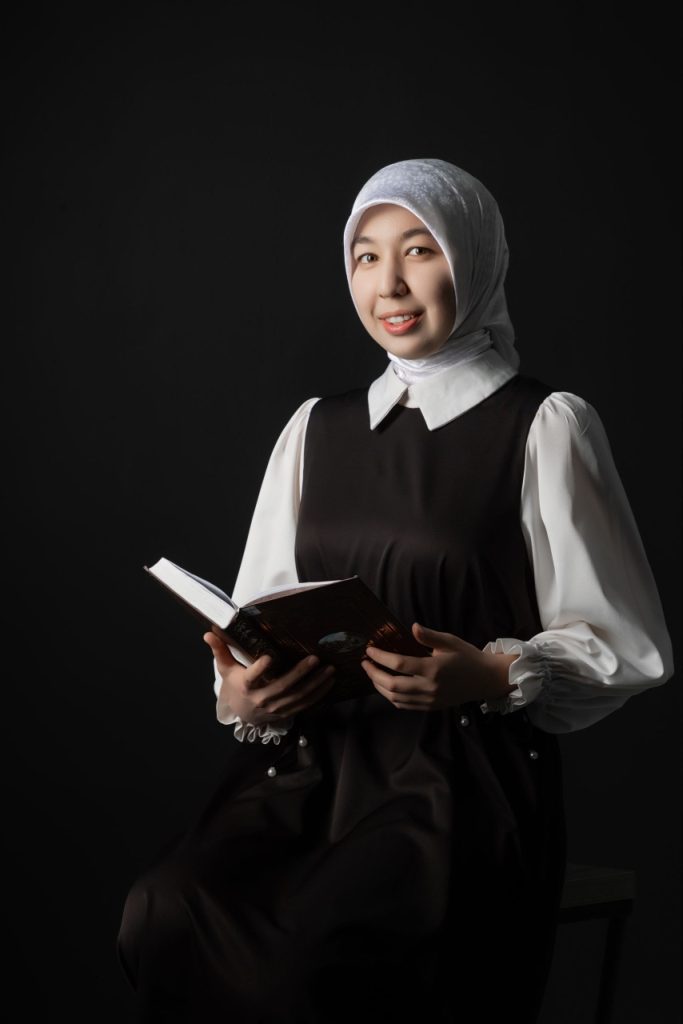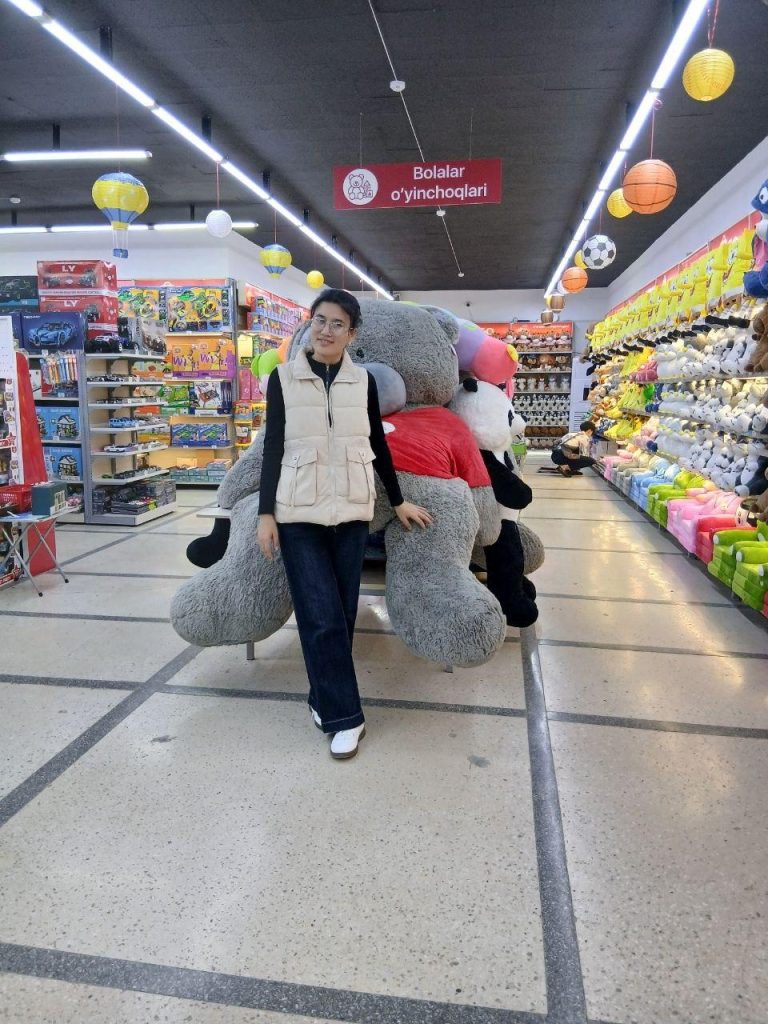
PHILOSOPHY OF VALUES (AXIOLOGY), THEIR ROLE IN SOCIAL LIFE AND DEVELOPMENT
Navoi State University
Faculty of Natural Sciences and
Medicine First-Year Student
Rahmatullayeva Elmira
Rahimjon qizi
Research Supervisor:
Ashurov Shodmon Sharofovich
ABSTRACT:
This article analyzes the philosophy of values — axiology — its subject matter, stages of formation, main categories, and its significance in human life. The social, spiritual, moral, and aesthetic manifestations of values, their role in the development of society, and the transformation of value systems in the context of modern globalization are scientifically examined. Furthermore, the philosophical essence of the harmony between national and universal values is revealed.
Keywords: value, axiology, spirituality, morality, aesthetic values, national values, universal values, evaluation, value system, concept of heritage. It occupies an important place in human life. It is one of the main branch of philosophy that studies moral, aesthetic, and social criteria. Throughout the development of humanity, values have been an integral part of social life. Every era lives based on its own spiritual and cultural values. Values are considered an important factor that determines a person’s worldview and behavior, and they have been formed during the development of society and transmitted from generation to generation. During each stage of social development, a specific system of values is formed, and social relations emerge on this basis.
MAIN PART
In all philosophical teachings of the past, special attention was paid to the essence of values and their role in society, emphasizing their importance in spiritual development. The active relationship of human beings to objective reality, as well as the development of the material and spiritual environment, leads to the formation of new values based on continuity or renewal. As a result, opportunities for social, spiritual, and political development expand.
Any phenomenon that occurs in the process of social development rises to the level of a value not only because it had positive significance in the past, but also because it creates new opportunities for the future.
Values are considered an important factor in understanding and transforming the world. The essence of each value is determined by its ability to help comprehend society and the human spiritual world, as well as its influence on spiritual development. The diversity and enrichment of values reflect the expansion of human cognitive abilities.
When evaluating values, it is important to take into account the historical conditions in which they emerged. Each value is a product of its time, and in assessing it, the social, political, and cultural opportunities of that period should be considered.
In general, values are material and spiritual assets that are formed and developed in the course of historical progress and exert a positive influence on social life. They become embedded in people’s consciousness and acquire social significance.
Values have both objective and subjective aspects. Objective values are formed on the basis of the material living standards and opportunities of society, while their subjective aspect is determined by people’s attitudes and evaluations of them. In the process of adhering to and evaluating values, both personal and universal interests play an important role.
Types of Values
According to their essence, values are divided into material and spiritual values.
Material values include architectural monuments created by humans, works of art, and the beauties of nature.
Spiritual values include concepts such as morality, etiquette, knowledge, science, faith, skills, and belief. These two types are closely interconnected and complement one another.
1. Values Related to the Material Environment
These include the beauty of nature, nature reserves, and the necessary conditions for human life.
2. Values Manifested in Traditions, Customs, and Rituals
These values are reflected in a person’s behavior, morality, and etiquette. Various customs and rituals find expression in everyday life.
3. Values Related to Knowledge and Practical Activity
Human skills, abilities, experience, and talent are also considered values. For example, the creation of a great artwork by an artist depends on their experience and capability.
4. Values Related to Age, Profession, and Gender
At different stages of human life, values also change. For instance, national clothing or profession-specific traditions express certain social values.
Conclusion
In conclusion, the philosophy of values occupies an important place in human and social life. Values shape human spirituality and elevate a person’s attitude toward the surrounding environment. Through values, mutual respect, justice, and solidarity are established in society.
Therefore, preserving values, instilling them in the consciousness of the younger generation, and applying them in practical life are important tasks. Indeed, the formation of values plays a fundamental role in human development.
References
1 Aksiologiya (Qadriyatlar falsafasi) asoslari. (2016). Fan va texnologiya. (50–65-betlar).
2 Aristotel. (2016). Nikomax etikasi. G‘afur G‘ulom nomidagi nashriyot.
3 Falsafa qomusiy lug‘ati. (2004). Sharq.
4 Forobiy, A. N. (2016). Fozil odamlar shahri. Yangi asr avlodi.
5 Karimov, I. A. (2008). Yuksak ma’naviyat – yengilmas kuch. Ma’naviyat.
6 Qodirov, A. (Ed.). (2018). Falsafa: Oliy o‘quv yurtlari uchun darslik (1-bob: Aksiologiya predmeti). O‘zbekiston.
7 To‘rayev, B., & Haydarov, B. (2020). Falsafa fanidan ma’ruzalar matni. Toshkent.

